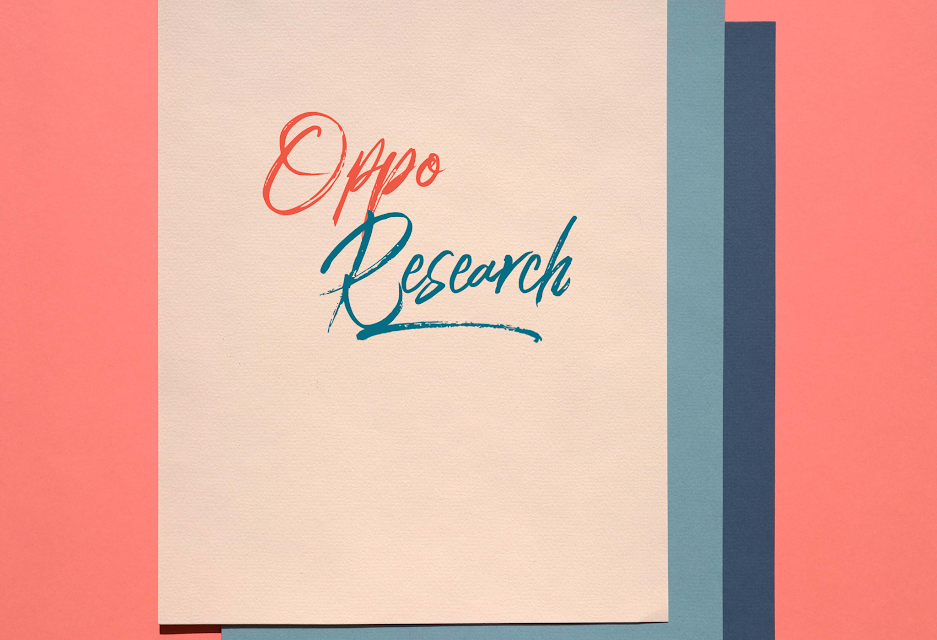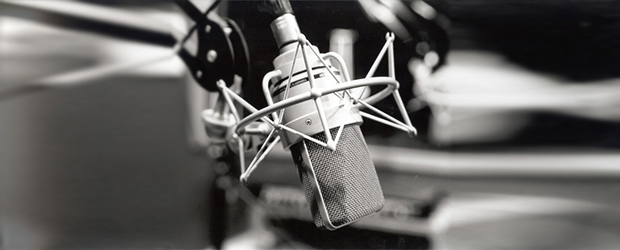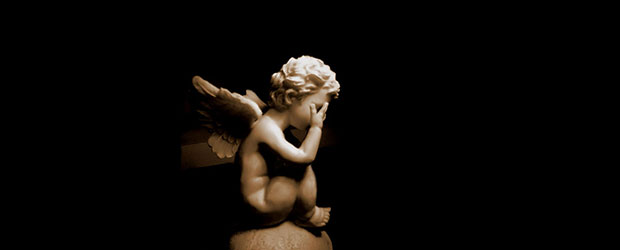When I was in high school, after a breakup, the guy I had gone out with started dating someone else. At one point I heard she had an abortion. We worked in the same place. I made a sign that said “Abortion is murder” and left it at her work station.
It is, as far as I can think of, the worst thing I’ve ever done to another human being. Just writing this makes me feel queasy.
I can’t say that was a time when I was thoughtful about abortion. As a Catholic, I was parroting what I’d heard. My views on sex were holier-than-thou. I had no qualms about slut shaming, although it didn’t have that name back then.
If you know me, I’m imagining your eyes are wide as you take this in.
Why am I telling you this now?
Because the 2020 Democratic primary election has been making me think a lot about what people say and do in their past and how it is perceived now, often out of context, and with little eye on how human beings might evolve. We do oppo research and find that one video clip or line from a term paper and we pin it up and strut it around like we’ve dug up political gold, frequently without proper perspective.
I am proud to have gone to college and to have listened and learned things that upended a lot of my early thinking. Even when I got out into the work world later as a journalist, I wrote plenty about issues and my columns were mostly left-leaning, but you’d be hard-pressed to find one advocating for gay marriage. This was the 1990s. I denounced homophobia, but I can’t recall ever stridently pushing for my gay fellow Americans to be able to marry. I had come far, but not that far.
As a girl who grew up in a Republican family, I never questioned the ideology; I simply went into the booth and cast votes for Ronald Reagan twice and then George H. W. Bush. Bill Clinton was my very first vote for a Democrat in a presidential election. And, I daresay, it was my first thoughtful vote. I was fired up about that vote.
Later in the ‘90s, immersed in a successful and fulfilling career, I realized I was carrying around a lot of anger that was affecting other parts of my life and decided to seek therapy. It was one of the best decisions I’ve ever made and it put me on a path to enter my 40s as a better communicator. I learned what triggered me and why, and I was guided in ways to address those issues.
Again, why this now? No, I don’t have plans to run for office.
It’s because I’ve been thinking about it a lot as a citizen. We’ve all been weighing candidates to lead our country out of a dire place that’s affecting our daily lives. As I’ve observed the nasty comments about Elizabeth Warren being a former Republican or Joe Biden not being a strong advocate for gay rights decades ago, I keep thinking, that was me. It’s not now, but it was then.
To be clear, I’m not suggesting we shouldn’t do this kind of deep dive on candidates. We should. Let’s see what formed them. And then maybe look at the contrast to now.
A good example of this is Donald Trump’s record on race going back to his days as a landlord in New York. Does that leave a bad taste in my mouth? Sure. But it’s made worse because his lifetime pattern suggests nothing has changed. He can’t, won’t, denounce white nationalists who support him and his record on race as a President is atrocious. Full picture. Now we see the relevance of that past tidbit.
In that quick blip that was Michael Bloomberg’s candidacy, the complete story was not just Warren’s deadly hits on awful names he called women or how they were treated in his employ, it was his contributions to Emily’s List. In the grand sweep of Democrats, many female, elected to the House of Representatives in 2018, there was a lot of financial heft supplied by Bloomberg. With regard to race, some African-Americans were able to get past stop and frisk because more recently he had helped black mayors and other local officials in their elections.
Agree or disagree with how those things should be weighed, but at least it takes into consideration more of the man’s actions in full as opposed to simply cherry picking to support a position.
Does anybody really think that Bernie Sanders’ honeymoon location in 1988 means he’s sympathetic to Vladimir Putin? Again, context is central to putting weight behind these past moments we choose to pounce on.
More pertinent a question is, how does all of this inform a candidate’s policies and choices now and in our future? What does that tell us about who a candidate is and what he’ll do in office?
If it took Biden (and Barack Obama, for that matter) a while to catch up on gay marriage, might we also take in the moment where he stood at a microphone this week and likened Pete Buttigieg to his revered late son, Beau?
As we get to a place where we’re down to two for the Democratic nomination, I see older men with histories that in some places give me pause, but also unquestionably make them who they are today. They’re good, principled men.
We needn’t ‘cancel’ people who didn’t hold a position 30 years ago that seems like a no-brainer today.
People who know me well know how appalled I am at some of my past behavior, but they also know it gives me the perspective I’m currently proud to have as a thoughtful pro-choice feminist Democrat. All of it, whether I like it or not, is part of me.
Let’s scour our candidates’ voting records and how they’ve conducted themselves in human situations and make a decision based on the whole person. I’m more interested in their ability to course correct than pass a purity test.
That’s all.






